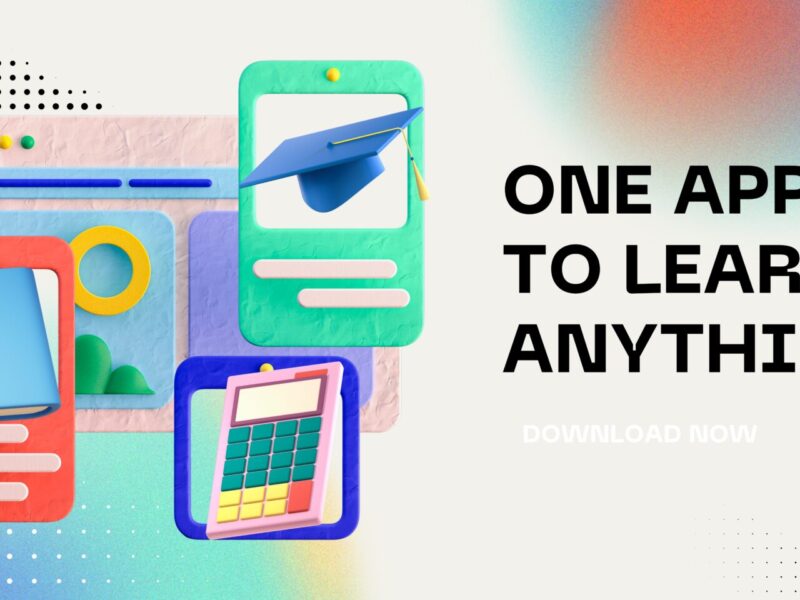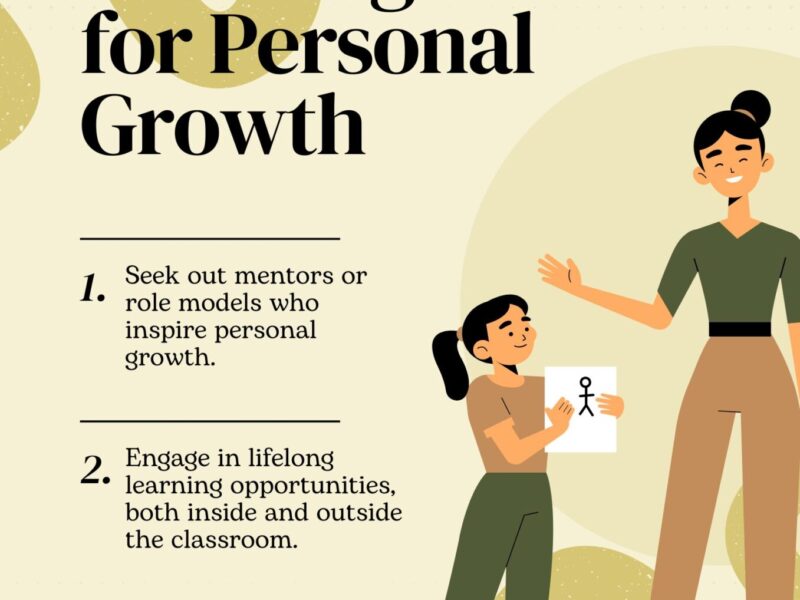Prologue
In the past two decades, the field of education and skills development has changed radically, becoming driven by technology.The Role of Online Learning in Lifelong Skill Development.
Along with other forms of knowledge acquisition and skills development, learning in traditional classrooms is no longer the only option.It may still be one of the most important ways to personal and professional development among individuals of all ages.The Role of Online Learning in Lifelong Skill Development. E-learning can be a great option for people in all walks of life to engage in the lifelong process of education. This article investigates the evolution of online learning as an avenue to lifelong skill development, with particular reference to benefits and challenges followed by impact on individuals and society.
About Transitioning in Learning to Lifelong Learning
Definition of Lifelong Learning
Lifelong learning is a never-ending quest for knowledge and skills that any person pursues throughout the course of his or her life, be it for personal, social, or professional reasons. It means that through lifelong learning, one grows and adjusts not only during one’s growth years but also at other times of change in the individual life cycle. Certainly, this is true in the 21st century because the fast pace of changing technology and job markets requires continual upskilling and reskilling.
Reasons for Lifelong Learning
With a booming global economy, industries have matured at high speed without relation to time; it is true that innovation such as artificial intelligence, automation, and data analytics has increased the speed at which they evolve. Missing skills is where the abilities of the current workforce would not meet most of the industry requirements. Therefore, lifelong learning is now a prerequisite for being relevant and competitive. Another reason is that self-study of skills has become very crucial when it comes to future growth possibilities because remote work and the gig economy are thriving.
Accessibility and Flexibility
One of the most eminent advantages of online learning is subsidization. Unlike formal education where distance and place can be a barrier to tuition, online learning is available to anyone with internet access. Such individualities have not captured the much boom-from-the-limited access afforded to rural areas and impoverished developing countries and marginalized communities.
At the same time, online learning is the most flexible of all forms of learning. One can study anytime, anyplace, and anyhow. This allows the learner to juggle learning with other responsibilities, such as going to work or managing family responsibilities. Flexibility is vital to adults who cannot leave the workforce to pursue education formally.
Variety of Subjects
Online learning platforms provide an enormous range of courseware and resources so that a wide spectrum of interests and skill levels will be touched. From technology skills such as programming and analytics, to soft skills like communication and leadership, the possibilities are virtually unlimited. Popular portals like Coursera and Udemy have tied up with top universities and industry leaders to produce all their relevant and fresh-out-of-the-dock courses.
In addition to single courses, many of these platforms are now offering complete certification programs, as well as specialization, and even fully accredited degrees. All of them have been confirmed as being valuable credentials to add to a learner’s portfolio, adding tremendous value to an individual’s employability stature.
Cost-effectiveness
Education has always been expensive in terms of tuition fees, boarding, and transportation; however, online education is more affordable-exclusive of free courses in many platforms and the charge of only a small fee in some other institutions over a traditional university. Moreover, fees could be avoided resulting from indirect costs such as a salary lost when a person goes to school at the expense of work.
Hence, online learning is more coveted among those desiring to have new skills without being in great debt.
Self-paced Learning
It is the online study that permits students to complete courses at their own speed; this is particularly advantageous for adult students who have found they need more time to understand some concepts. Most online classes make use of intelligent technologies to personalize the learning experience for all individuals, making sure that students receive all the support they need in order to succeed.
For instance, through algorithms that analyze the performance of a learner, the recommendation may be to retake some modules or to move to more advanced material. Thus this personalization strengthens the provision of learnings.
Address the Skills Gap:
An online learning environment will play a crucial role in closing the skills gap that currently exists in our nations by offering courses that really meet the requirements of emerging industry needs. In the field of technology, it will provide training in artificial intelligence, cyber-security, and block chain with courses from platforms like edX and Pluralsight. It helps online learners become competitive in the job market with skills in high demand, directly impacting economic growth as online learning has come to provide every other person in the world with the opportunity to learn without boundaries.
Difficult Sides of Online Learning
With many advantages, online learning does have its own shortcomings. They should be recognized and made evident in order for the online learning scenario to be fully realized in making skills relevantly life-long.
Motivation and Discipline
Admit it: there’s far too much self-motivation and self-discipline involved in self-directed learning. However, there are certain types of people who try as much as possible but eventually fail. And, without the pressure of traditional structure or accountability, procrastinators just drop off along the way.
Unavailability of Practical Skills
Online courses could convey theoretical knowledge but will lack sorts of applicable hands-on experience. Some skills, like practical laboratory experiments or artistic techniques, can really take physical practice and cannot be learned in cyberspace.
Digital Divide
Not everyone enjoys equal internet or digital device access, which for such online education builds the distance of unequal opportunities that further limit access. This usually applies to developing countries or households of lower economic status where technology access remains unarguably a problem.
Quality Assurance
Ranging from rigorous programs to poorly designed courses, online courses´ quality varies significantly; most times learners don’t even know how to evaluate a course or platform’s credibility, which might lead to wasting their time and resources.
Technological Innovations for an Enhanced Experience in Online Learning
Artificial Intelligence (AI)
AI has empowered online education by personalizing learning experiences. According to the adaptive learning platforms, AI algorithms analyze learner behavior and suggest tailored recommendations for learning content. An AI-powered chatbot instantly answers questions and guides learners through the entire course.
Virtual Reality (VR) and Augmented Reality (AR)
Making theoretical and practical learning closely knit is fulfilled by these emerging technologies. To be specific, medical students can perform surgical actions within a simulated environment, while engineers study complex machinery using 3D models. Such types of learning experiences boost the understanding of concepts and retention.
Gamification
Gamification is the application of ‘game-like things’ for instance badges, points, scores, and so on. It is said to significantly improve motivation and engagement and develop learning experience learning enriched. Sites like Duolingo have been leveraging this elearning buzzword to teach millions of people languages.
Success Stories on Online Learning
Professional Journey
One of the stories is for Maria, a marketing professional with mid-career aspirations who moved into data analysis. Online courses at DataCamp and Coursera were sufficient to teach her Python programming, data visualization, and machine learning skills. Her newly acquired skills turned out to be a ticket for her promotion and a rise in salary.
Collectivism Empowerment
Online learning introduced in rural India i.e. KHAN ACADEMY, BYJU’S opens up a larger vista of learning for students otherwise within fewer opportunities of schooling. Be it available at no cost or for a few monetary benefits, the online modeling has disciplined and enriched literacy for a new breed of learning masters.
Personal sustenance Lifelong
It is for more than just professional development, although online learning encourages personal growth too-retirees tend to use the sites such as MasterClass to explore hobbies like photography, writing, or cooking-things that enrich lives and contribute to the overall well-being.
Lifelong Online Education and the Future
Lifelong skill building using online learning will continue to increase exponentially as the technology innovates. Newer applications of technologies like blockchain, to ensure secure credentialing, & AI, for hyper-personalization in learning contexts, will continue to add to the horizon of efficacy and endorsement on online learning.
The mingling of a government and an emerging private organization or institution of education will change the landscape of digital divides concerning the places through which all these opportunities of online learning become available to the people. Such a culture will enable societies to learn for the exciting future challenges as well as for the creation of a more equitable world.

Conclusion
For those who have just begun learning online, it has taken the game to another level by making skill teaching much more accessible, efficient, and even affordable. Problems hould be faced when one seeks to further amplify the cause-challenges such as motivation deficiencies, lack of digital access, and quality assurance. It is in keeping with the times, where the only constant is change, therefore online learning remains an essential tool for lifelong skill development so that individuals can reach their goals and adjust to a fast-changing environment.

